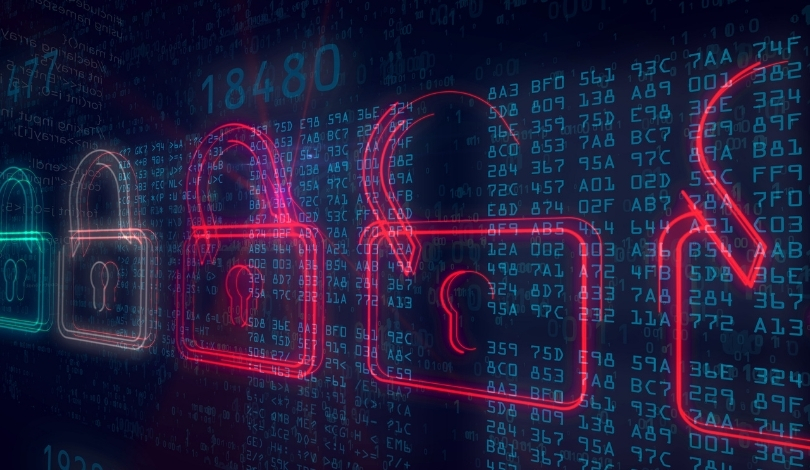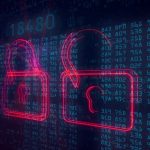As the U.S. government braces for increasingly complex cyber threats and evolving geopolitical risks, the Senate recently held a pivotal hearing for Sean Plankey, President Donald Trump’s nominee to lead the Cybersecurity and Infrastructure Security Agency (CISA). The session highlighted concerns over both external interference, particularly from China, and internal agency capacity caused by recent budget and staffing reductions. Beyond administrative challenges, the hearings underscored diverging perspectives among lawmakers regarding election security and the agency’s future scope. The discourse also reflected mounting demands for transparency about national telecommunication network security and the mechanisms the agency will use to protect U.S. critical infrastructure.
Discussions about leadership at CISA have previously focused on defending critical infrastructure and supply chains from foreign adversaries, especially China, with emphasis on both resource constraints and agency roles. Unlike earlier debates, the latest hearing singled out the agency’s diminished budget and the uncertainty surrounding its future direction, alongside increased scrutiny on the balance between cybersecurity and perceived censorship during election seasons. Stalling of key nominations due to withheld security reports and pressure over program renewals has added a new layer of complexity. While brands and programs like the State and Local Cybersecurity Grant Program and the Cybersecurity and Information Sharing Act have often featured in past policy analysis, there is more urgency around their pending expiration now.
How Will Plankey Address Chinese Involvement in U.S. Supply Chains?
Sean Plankey, responding to questions about Chinese technology in critical infrastructure, promised a decisive stance if confirmed. He stated removing “all Chinese intrusions, exploitations or infestation into the American supply chain” would become a foremost objective. Increasing concerns about the security risks related to Chinese components in the energy sector and other essential systems drove the discussion. The nominee recognized the importance of vigilance at the federal level, especially in protecting telecommunication and utility assets from potential foreign threats.
What Stance Does Plankey Take on Agency Funding and Operations?
With CISA’s staffing and finances having been sharply reduced, Plankey assured senators of his readiness to request additional funding if operational capabilities require it. He stated that he would allow agency operators to perform their duties effectively and would support reorganizational efforts or budget increases if these measures proved necessary.
“If that means we need a different level of funding than we currently have now, then I will approach [the Department of Homeland Security Secretary], ask for that funding, ask for that support,”
he said. Changes in organizational structure or resource allocation are possible under his leadership should they enhance the agency’s core functions.
How Will Election Security Be Managed Under Plankey?
Questions about the agency’s involvement in election security, especially following controversial election cycles, received reserved responses. Plankey refrained from making definitive statements about past elections but clarified that the role of CISA is to ensure the digital integrity of voting infrastructure. He promised to avoid censorship actions, focusing solely on safeguarding infrastructure from cyber threats.
“Cybersecurity is a big enough problem,”
he noted, reiterating the agency’s main task of defending federal networks and critical infrastructure. The nominee expressed support for renewing crucial grant programs and cybersecurity laws set to expire soon.
The ongoing debate over the agency’s responsibilities is reflected in congressional actions, such as Senator Ron Wyden placing a hold on Plankey’s nomination to secure the release of an unclassified report on U.S. phone network security. Disagreements remain about the balance between national security priorities and public transparency, especially on matters like the Salt Typhoon hack and the security of telecom systems. Advocacy groups continue to push for clear guidance from CISA to state and local officials, emphasizing that undefined strategies leave vital infrastructure vulnerable to foreign interference.
The current situation around CISA’s leadership brings multiple issues into sharper focus: resource adequacy, election infrastructure integrity, and adversarial foreign involvement in critical U.S. sectors. Renewals of programs like the State and Local Cybersecurity Grant Program and information-sharing laws hang in the balance, while internal debates revolve around transparency and the boundaries between security and censorship. For organizations reliant on national IT and telecommunications and for state and local officials, understanding CISA’s evolving priorities and impending legislative changes will be essential to adapting cybersecurity postures. Stakeholders should track upcoming congressional developments affecting both the agency’s leadership and tools for addressing advanced persistent threats, particularly as policy gaps remain surrounding telecom and election system protection.










